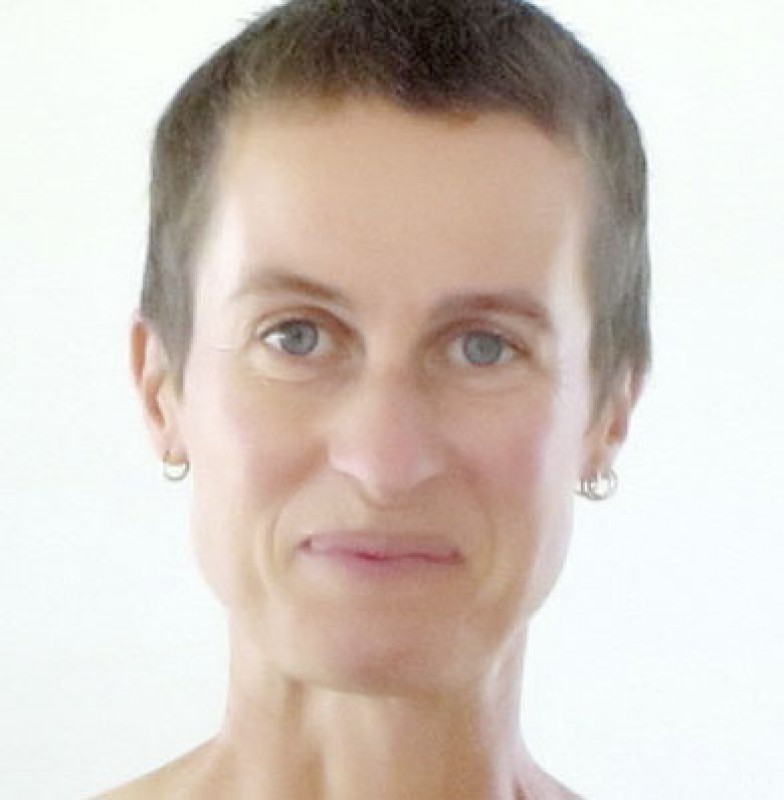KLI Colloquia are invited research talks of about an hour followed by 30 min discussion. The talks are held in English, open to the public, and offered in hybrid format.
Join via Zoom:
https://us02web.zoom.us/j/5881861923?omn=85945744831
Meeting ID: 588 186 1923
Spring-Summer 2026 KLI Colloquium Series
12 March 2026 (Thurs) 3-4:30 PM CET
What Is Biological Modality, and What Has It Got to Do With Psychology?
Carrie Figdor (University of Iowa)
26 March 2026 (Thurs) 3-4:30 PM CET
The Science of an Evolutionary Transition in Humans
Tim Waring (University of Maine)
9 April 2026 (Thurs) 3-4:30 PM CET
Hierarchies and Power in Primatology and Their Populist Appropriation
Rebekka Hufendiek (Ulm University)
16 April 2026 (Thurs) 3-4:30 PM CET
A Metaphysics for Dialectical Biology
Denis Walsh (University of Toronto)
30 April 2026 (Thurs) 3-4:30 PM CET
What's in a Trait? Reconceptualizing Neurodevelopmental Timing by Seizing Insights From Philosophy
Isabella Sarto-Jackson (KLI)
7 May 2026 (Thurs) 3-4:30 PM CET
The Evolutionary Trajectory of Human Hippocampal-Cortical Interactions
Daniel Reznik (Max Planck Society)
21 May 2026 (Thurs) 3-4:30 PM CET
Why Directionality Emerged in Multicellular Differentiation
Somya Mani (KLI)
28 May 2026 (Thurs) 3-4:30 PM CET
The Interplay of Tissue Mechanics and Gene Regulatory Networks in the Evolution of Morphogenesis
James DiFrisco (Francis Crick Institute)
11 June 2026 (Thurs) 3-4:30 PM CET
Brave Genomes: Genome Plasticity in the Face of Environmental Challenge
Silvia Bulgheresi (University of Vienna)
25 June 2026 (Thurs) 3-4:30 PM CET
Anne LeMaitre (KLI)
KLI Colloquia 2014 – 2026
Event Details

Topic description / abstract:
Interdisciplinary collaboration requires researchers to navigate multiple challenges of teamwork. Such challenges have both epistemic and interpersonal qualities. While researchers may enter collaborations with considerable expertise in their own field, they may find themselves under-prepared to address the collaborative challenges they encounter.
During my recent doctoral research, I developed a methodology called formative accompanying research (FAR). Using FAR, I tracked an interdisciplinary collaboration in the field of sustainability science. This has deepened my understanding of dynamics of collaboration in research teams. It has also provided considerable insight into navigating positionality and relationality as a boundary-crossing researcher.
This presentation will introduce the FAR methodology for studying collaboration, identify common challenges in collaboration and propose capacities that can be cultivated to address these challenges. How can difficult experiences of collaborating deliberately be used as opportunities to learn to collaborate? The role of discomfort in collaboration will be introduced as a prompt for learning to collaborate while collaborating.
I will illustrate the conceptual input with illustrations from recent experiences in the interdisciplinary project Leverage Points for Sustainability Transformation. A brief exploration of this case will give rise to key insights that may be recognisable in other cases with which participants are familiar. It is intended that this will lead to a discussion with participants about their own experiences of collaboration challenges and strategies for enhancing collaboration.
Biographical note:
Rebecca Freeth is a dialogue facilitator, researcher and writer. The joys and challenges of meaningful collaboration have been a source of interest and practice for many years. She has initiated and supported long-term multi-sector dialogue and action projects and also specializes in working collaborating towards uncertain futures. Much of her work has been located in post-apartheid South Africa, which is her primary home. She teaches on numerous university courses for under- and postgraduate students, as well as a ‘systems thinking for social change’ summer school. Her recently completed doctoral research, in which she tracked an interdisciplinary collaboration in the field of sustainability science for three years, has deepened her understanding of dynamics of collaboration in research teams. Rebecca is currently a senior fellow at the Institute for Advanced Sustainability Science (IASS), in Potsdam Germany.


